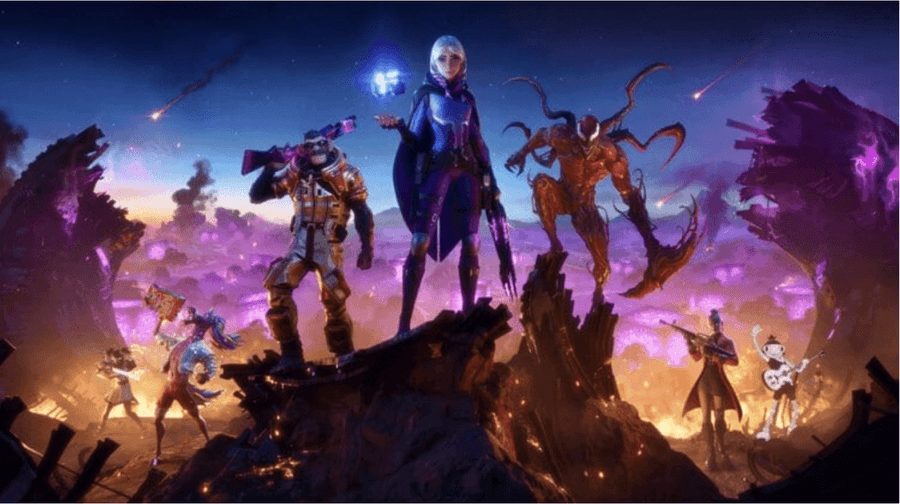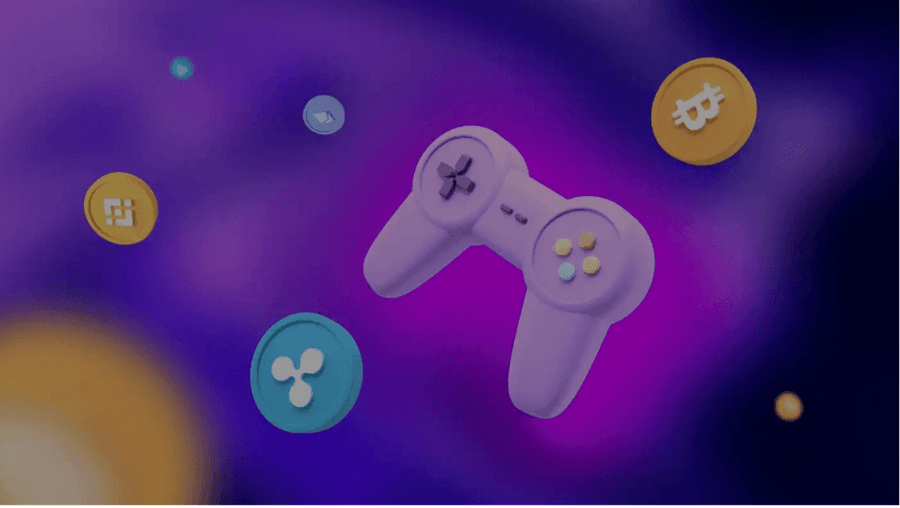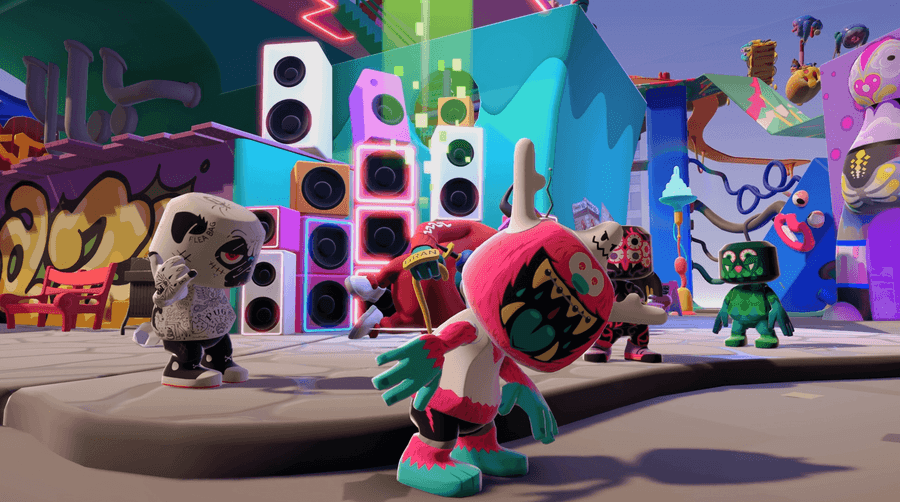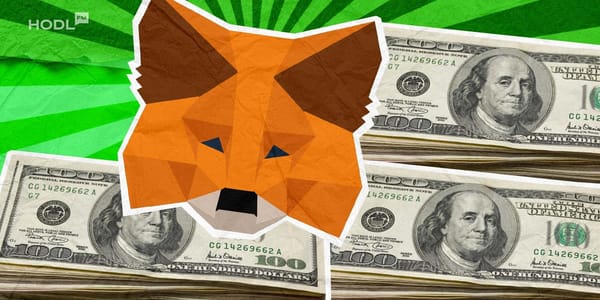The world of gaming has changed significantly in recent years, with the emergence of blockchain technology offering gamers a new set of options and experiences. In 2023, this trend is predicted to continue and potentially reach a tipping point.
This year will be a make-or-break moment for blockchain gaming as developers create more sophisticated systems that offer gamers the chance to own their in-game purchases.
In the past decade, blockchain technology has transformed many different industries, but none quite so much as gaming. The decentralized nature of blockchain offers gamers unprecedented opportunities to control their own playing experience without relying on third-party intermediaries like publishers or game developers. This freedom encourages players to create unique experiences within games, unlike anything that could be offered through traditional gaming models.
One model gaining traction in the industry is Play-to-Own; an innovative concept whereby players can purchase virtual assets within games using cryptocurrency and then gain ownership over those assets permanently even if they decide to quit the game or move on from it altogether. This model enables users to truly take ownership over what they purchase while providing developers with an additional revenue stream beyond just charging for access fees or subscriptions.

2023 marks an important turning point for what this type of system could achieve. Developers are expected to introduce fully developed ecosystems where users have complete control over their purchases – allowing them the power to manage their play time however they wish without worrying about any external limitations set by publishers or other entities involved in traditional gaming models.
Such systems should also provide users with greater transparency into what data is being collected by developers and how it’s being used, ultimately giving them peace of mind knowing that all the information surrounding their digital purchases remains secure and private at all times.
Blockchain-based play-to-own models represent a sea change when it comes to how we interact with video games; instead of relying solely on publishers and investors for content updates, these platforms give users true agency in how they interact with the virtual world.
Insights into crypto games
The phenomenon of crypto games has become increasingly popular in recent years. These games are based on the use of cryptocurrency, a digital currency that is decentralized and encrypted to provide users with a secure way to make transactions. Crypto games allow players to purchase virtual items or game tokens using their cryptocurrency, allowing for an immersive gaming experience.
Players can also receive rewards such as in-game currency or items when they complete certain achievements. While some crypto games have been designed to be played directly on the blockchain, others require players to download a specific wallet or other software before they can start playing.
No matter which type of crypto game is chosen, its popularity continues to grow as more people look for ways to enjoy the unique benefits that cryptocurrency offers.
Will 2023 finally see an explosion of crypto gaming?

As the technological landscape continues to innovate and evolve, many industry experts are predicting that 2023 could be a major breakthrough year for cryptocurrency in the realm of gaming. With more developers beginning to explore the potential of a blockchain-based gaming experience, the possibilities are seemingly endless in terms of what we could see emerge over the next few years.
The combination of cryptocurrency’s secure and decentralized infrastructure, along with its transparent and fast payment processing capabilities, could revolutionize how people play and monetize their favorite games. If these predictions come true, it’s likely that 2023 will bring an explosive surge in crypto gaming that could change the entire industry forever.
Crypto introduction through blockchain gaming
Kieran Warwick, founder of Illuvium – a blockchain-based gaming platform – believes that the popularity of blockchain games can provide a gateway to mainstream cryptocurrency acceptance.
In an interview with Magazine, Warwick explained that these types of decentralized games are one of the most accessible ways for people to become familiar with cryptocurrency and start using it in their everyday lives.
He compared blockchain gaming to some other crypto products like decentralized finance (DeFi) which he said often involves intricate procedures and protocols, making it much more complicated for newcomers.
In comparison, many popular blockchain games require players only to purchase tokens necessary to play in order to start interacting with the game’s economy. Once they have mastered the basics, users can explore further the world of cryptocurrency by engaging in activities such as trading or staking in DeFi protocols.
The social element associated with many blockchain games is also a powerful tool when it comes to onboarding new users according to Warwick who stated that “people love playing against friends and competing against each other even more than being able to win money” citing this as an additional drawcard beyond monetary rewards which further motivates user engagement and adoption on his platform.
Warwick added that developers behind these games must design them carefully if they hope for them to be successful long term; something his team at Illuvium has done successfully so far by avoiding common pitfalls such as overcomplicated interfaces or too much focus on marketing rather than the game quality itself.
His advice is clear: create great experiences first and use compelling reasons related directly to gameplay if you want your project to succeed over time rather than relying on unsustainable hype-driven tactics alone.’
Wrap-up
The move from play-to-earn to play-to-own to play-and-develop is an evolution of the gaming industry that has been driven by the increasing popularity of video games and the emergence of new business models. Play-to-earn refers to a model in which players can earn rewards, such as in-game currency or items, by playing.
Play-to-own is a newer model where players can pay a flat fee and own the game outright, instead of having to continually invest money in order to keep playing. The most recent development, play-and-develop, is based on a model where players invest resources into developing their own game assets, which they can then use or exchange for other assets. This has given gamers greater freedom and flexibility in how they engage with their favorite games.



